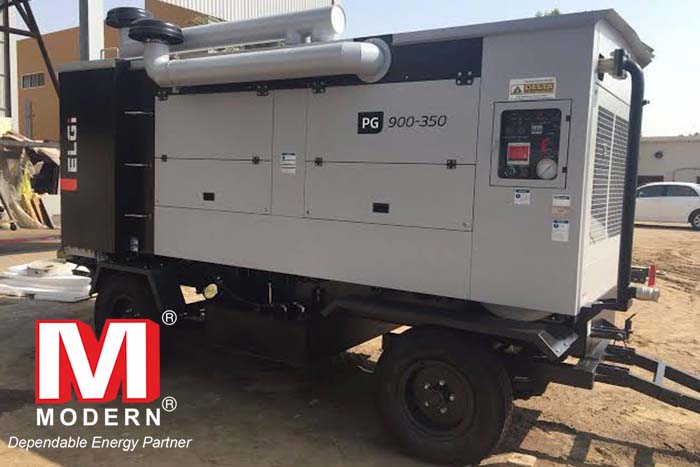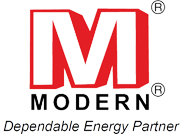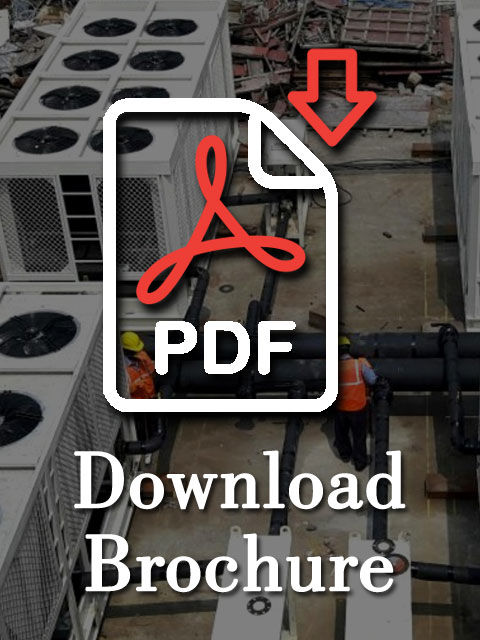
The Ultimate Guide to Renting Compressors: What You Need to Know
Renting compressors offers a cost-effective solution for diverse industrial applications, providing the power needed for tasks ranging from construction and manufacturing to event setups. In this comprehensive guide, we will explore key considerations and insights to help you make informed decisions when renting compressors for your projects.
Understanding Compressor Types:
Delve into the various types of compressors available for rent, including reciprocating, rotary screw, and centrifugal compressors. Understand their functionalities and applications to determine the most suitable type for your specific needs.
Assessing Airflow Requirements:
Before renting a compressor, assess the airflow requirements of your project. Consider factors such as the tools or machinery being powered and the volume of compressed air needed. Choose a compressor with the capacity to meet these requirements efficiently.
Power Source Considerations:
Compressors can be powered by electricity, diesel, or gasoline. Evaluate the power sources available at your project site and choose a compressor that aligns with the most convenient and cost-effective option for your operations.
Determining Pressure Needs:
Different applications require varying levels of compressed air pressure. Whether it’s for pneumatic tools, sandblasting, or painting, understanding your project’s pressure requirements is crucial. Select a compressor that can deliver the required pressure consistently.
Portability and Mobility:
Consider the portability and mobility of the compressor, especially if your project requires frequent relocation. Mobile compressors with towable options are advantageous for construction sites and events, providing flexibility in deployment.
Maintenance and Service Records:
Before finalizing a rental agreement, inquire about the maintenance and service history of the compressor. Well-maintained equipment ensures reliability and minimizes downtime during your project. Confirm that the rental provider adheres to regular servicing schedules.
Rental Duration and Costs:
Determine the duration of your project and select a rental agreement that aligns with your timeline. Compare rental costs from different providers, taking into account factors such as fuel efficiency, maintenance inclusions, and any additional fees.
Environmental Considerations:
Explore compressors with eco-friendly features, such as reduced emissions and noise levels. Aligning your rental choice with environmental responsibility not only benefits the surroundings but may also comply with local regulations.
Renting compressors is a strategic decision that can significantly impact the success of your project. By considering factors such as compressor types, airflow requirements, power sources, pressure needs, portability, maintenance, rental costs, and environmental impact, you ensure that you make informed choices. This ultimate guide empowers you with the knowledge needed to navigate the compressor rental landscape and optimize your project’s compressed air needs efficiently.

